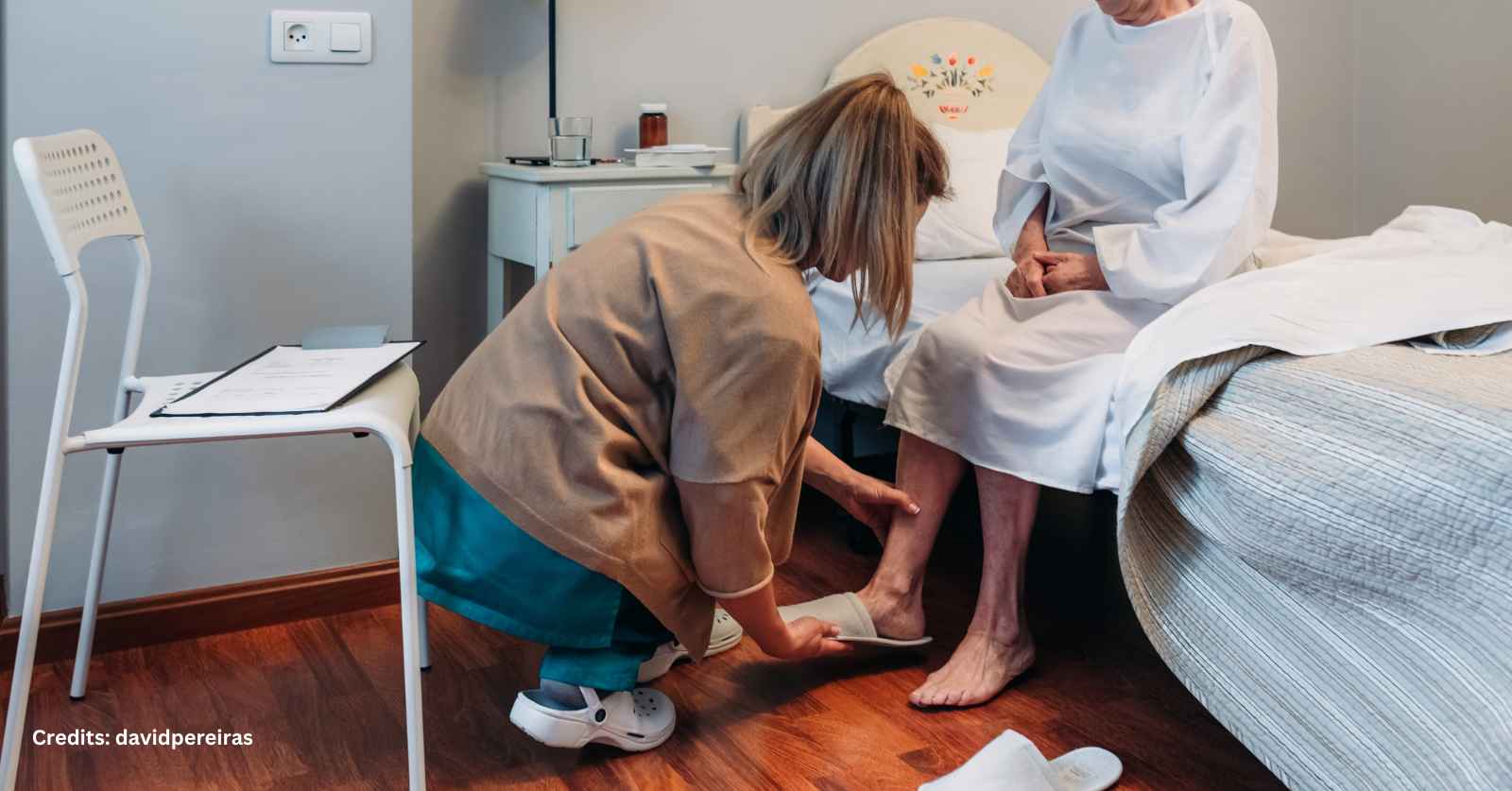Minister Shorten pledges to improve accessibility to the NDIS for CALD and First Nations communities, with support from agencies such as AMES Australia.
AMES Australia, a migrant and refugee settlement agency, has welcomed the commitment made by the Minister for the National Disability Insurance Scheme, the Hon. Bill Shorten to improve accessibility to the NDIS for people from culturally diverse communities.
Speaking at the National Press Club in Canberra, Shorten announced reforms to the scheme, pledging to make access to the NDIS equal for everyone. “When I have said that there are some people not in scheme who should be in the scheme, I’m largely thinking of CALD and first nations’ communities.”
“I’ve been meeting with representative groups from CALD communities. And this starts with the capacity of agencies. We need more people in the process with CALD and first nations’ backgounds.
“We also need outreach to these communities. Not everyone is a digital guru so we need to simplify the front door of the scheme,” Shorten said.
AMES Australia Chief Executive Cath Scarth welcomed Shorten’s promise, recognising that people from CALD communities are underrepresented in the NDIS.
Scarth highlighted complex assessments and access request forms, long waiting lists, costs of reports, need for a formal diagnosis, lack of in-language information, visa eligibility, lack of culturally responsive support, language proficiency and a lack of understanding of available services as reasons for under-representation.
To address the issue of under-representation, Scarth suggested the need for experienced staff and specialist knowledge, as well as the development of policies and information materials that recognise the varying levels of knowledge and attitudes towards disability across different CALD communities.
Shorten’s commitment aims to increase NDIS participation rates of people from CALD and First Nations backgrounds, which is currently at 9.2% across Australia and 11.7% in Victoria, despite the estimated target of 22% by the end of 2017.
To achieve this goal, Scarth suggested the need for outreach activities that engage CALD communities in mainstream disability services.
“The development and support of outreach activities to engage CALD communities in increasing their involvement in mainstream disability services would be very welcome, as would developing accessible disability information materials and web content in community languages,” Scarth said.
This pledge by Shorten is a timely and welcome step towards making the NDIS more accessible to underrepresented communities, and with the support of agencies such as AMES Australia, it can make a significant difference in the lives of many Australians.
Read also: NDIS-healthcare system links need to be strengthened for better palliative care
Ritchelle is a Content Producer for Healthcare Channel, Australia’s premier resource of information for healthcare.




















Upcoming Events
6th Annual Aged Care Week
June 25, 2025
Subscribe
We send emails,
but we do not spam
Join our mailing list to be on the front lines of healthcare , get exclusive content, and promos.